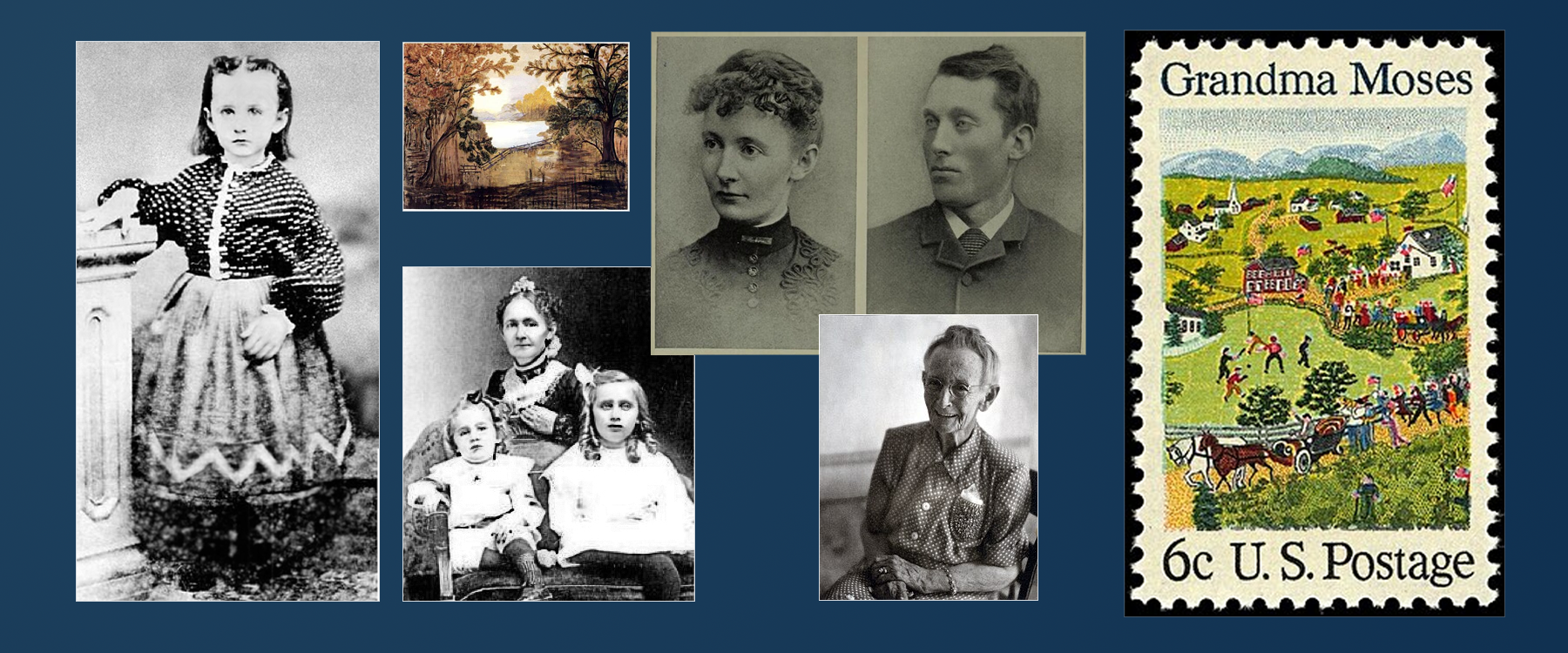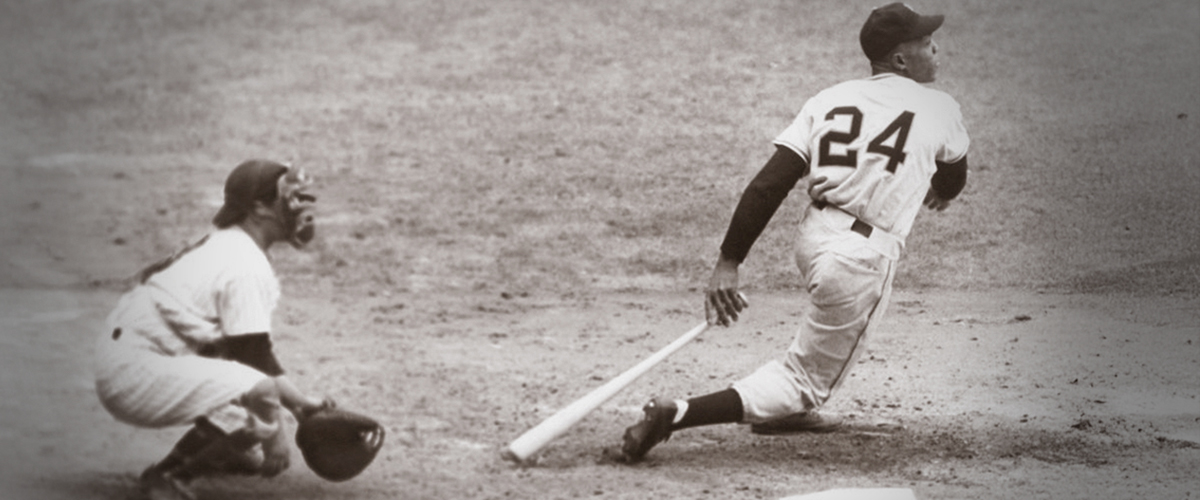 In January 2007 the Washington Post conducted an experiment: What would happen if a world class musician performed elegant classical music on a priceless instrument in the Metro station of a major American city?
In January 2007 the Washington Post conducted an experiment: What would happen if a world class musician performed elegant classical music on a priceless instrument in the Metro station of a major American city?
The city was Washington D.C.
The musician was Joshua Bell, who can earn upwards of $50,000 for an evening’s performance.
The instrument was a 300 year-old Stradivarius valued at $3.5 million.
The music included the works of Bach and other masters.
The experiment was captured on hidden camera.
So, what happened? How did people respond?
During Mr. Bell’s 45 minute performance, 1097 people passed by. 27 dropped spare change into his open violin case, for a total of $35. And seven of them stopped what they were doing to listen for at least one minute.
The other 1070 people hurried past, oblivious, uninterested, unmoved.
This experiment might offer hope to pastors and teachers who find themselves frustrated at the lack of response their timeless message too often receives.
But we must also ask ourselves: how many times a day does we do the same thing?
How many times do we encounter truth, beauty, and excellence, without giving it a second look? How many messages of hope do we ignore? How many demonstrations of grace do we disregard? How many divine appointments do we overlook?
Ezra wrote these words:
But now for a brief moment grace has been shown from the Lord our God, to leave us an escaped remnant and to give us a peg in His holy place, that our God may enlighten our eyes and grant us a little reviving in our bondage. (Ezra 9:8)
Let’s make an effort to recognize — and fully experience — those brief moments of grace God sends our way.
There were be at least few today. Will you see it?




